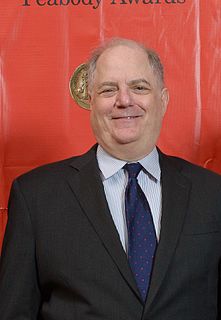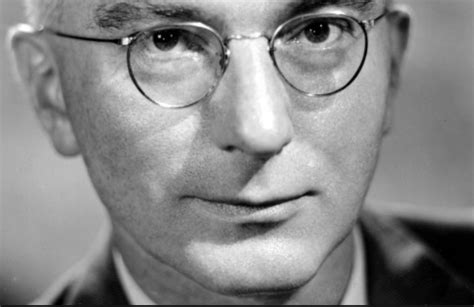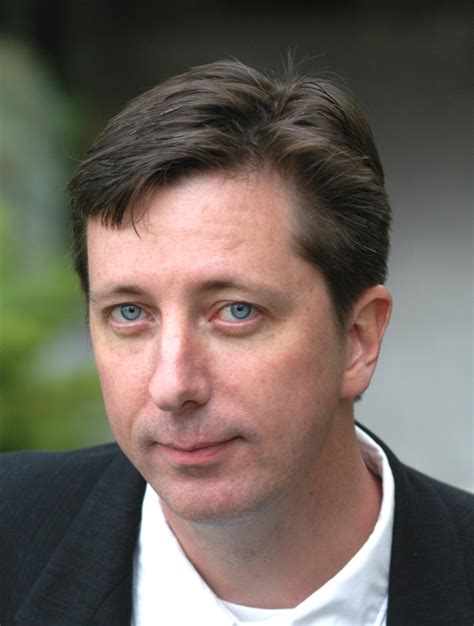A Quote by Alexandra Bracken
Related Quotes
When we say we have patterns, there is a cyclical movement to everything. Our psychological and emotional processes also have become cyclical largely because of a very strong attachment and involvement with physical process, and physical process has to be cyclical; only then we exist. Without out cyclical movement there'll be no physical existence.
Part of why history is so important in my life is because it brings you an awareness that everything isn't new. It gives context to what's happening right now. History is cyclical but circumstances and technology change. So when social justice topics come up, they're not new. They're just being covered more. We have more ways to record it now.
The constancies and equivalences adumbrated work havoc with such settled topical blocks as myth and philosophy, natural reason and revelation, philosophy and religion, or the Orient with its cyclical time and Christianity with its linear history. And what is modem about the modem mind, one may ask, if Hegel, Comte, or Marx, in order to create an image of history that will support their ideological imperialism, still use the same techniques for distorting the reality of history as their Sumerian predecessors?
The Lockean assumption that if we put our labor to it then it becomes our own is totally fallacious. We have to figure out how to leave things alone, and build an economic system that's not built on a linear model, but instead on a cyclical model, because that's the natural world - it's cyclical and not linear. That is going to take a lot of transformation.
I am opposing it with an idea of the history of philosophy as a history of philosophers, that is, a history of mortal, fragile and limited creatures like you and I. I am against the idea of clean, clearly distinct epochs in the history of philosophy or indeed in anything else. I think that history is always messy, contingent, plural and material. I am against the constant revenge of idealism in how we think about history.
I think comedy allows people to accept the more difficult parts of history. And history, if it's presented wrong, is just very depressing, particularly the history of slavery. If slavery is presented properly, it's a great story. But I think that within the commercial world of storytelling in which I live, there haven't been many strong works that discuss slavery in ways that are palatable and funny and interesting to the reader.


































